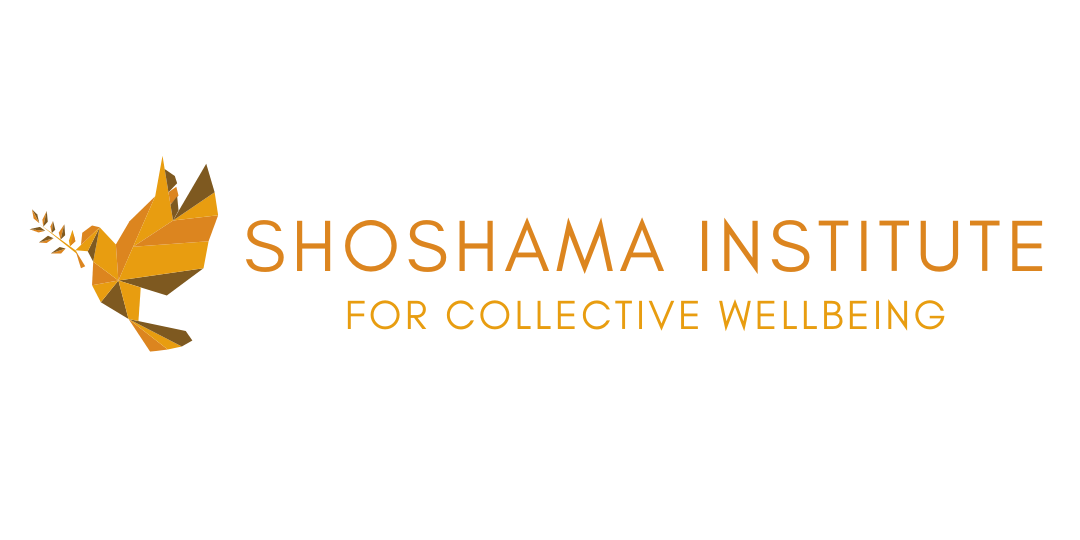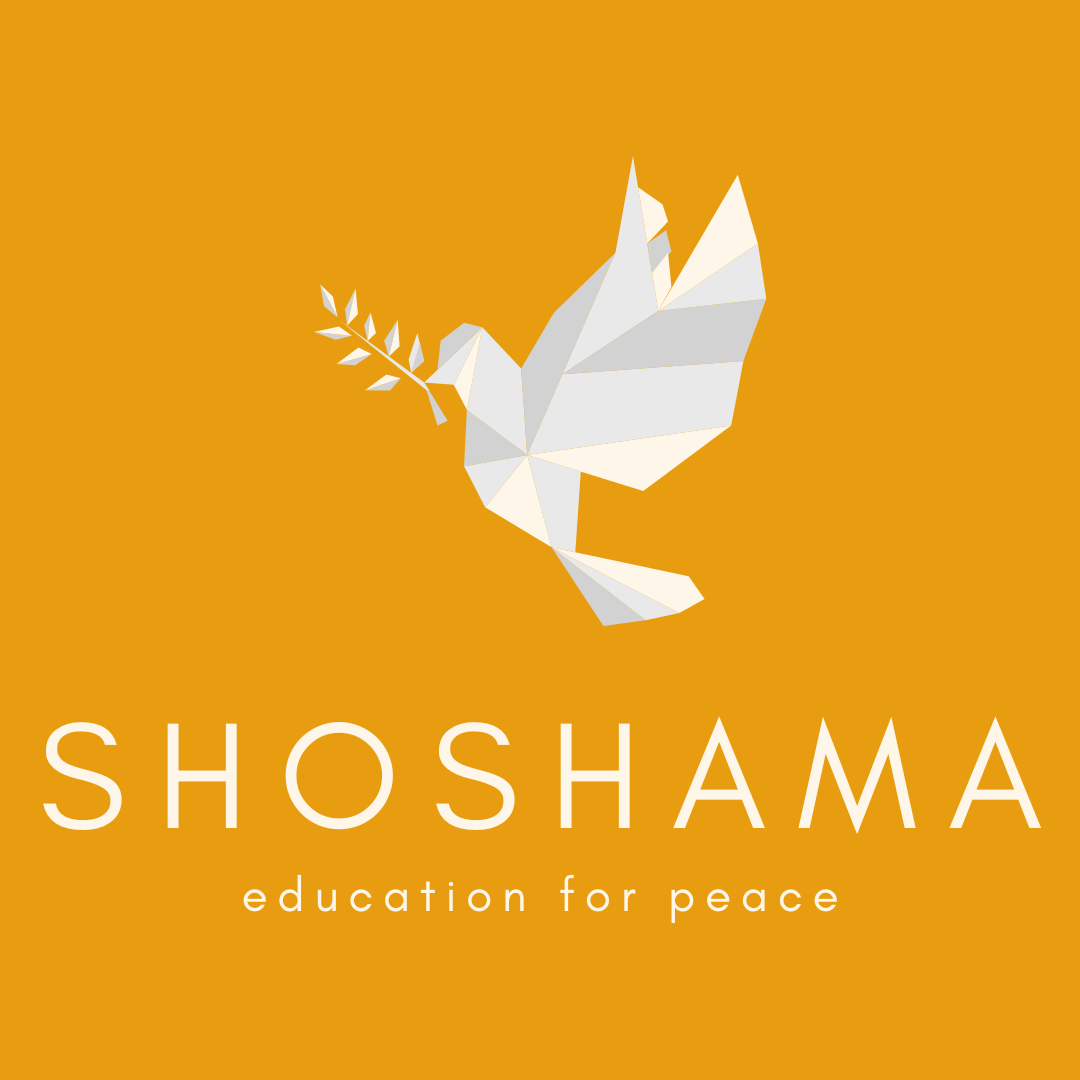Shoshama Institute for Collective Wellbeing is a global for-purpose consultancy dedicated to curriculum design and community development. With a growing community spanning over 50 countries, we design and deliver transformative education and capacity-building programs that foster individual and collective wellbeing.
Empty space, drag to resize
The Shoshama Model
Empty space, drag to resize
At Shoshama Institute, our work is structured across three interconnected levels: Systems Change Initiatives, Flagship Programs and Discovery Projects. These three levels work together to explore new ideas, refine effective approaches, and tackle big-picture challenges—all in service of creating thriving, resilient communities.
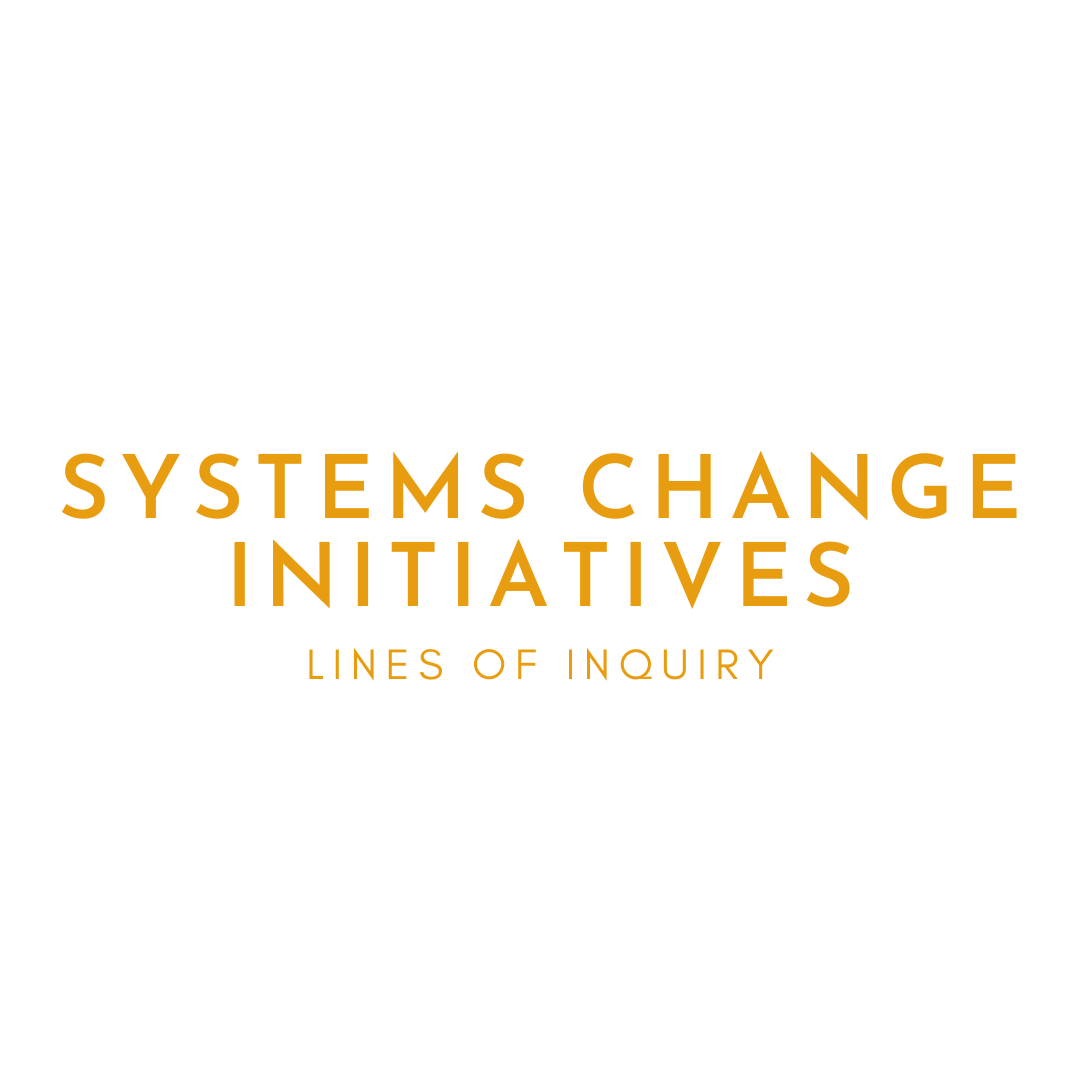
Exploring the Big Questions
We believe that the first step to transforming communities is to ask the right questions. Our Systems Change Initiatives guide all the work we do, generating knowledge about collective well-being within communities through the systematic implementation of our Discovery Projects and the reflective curation of our Flagship Programs.
Empty space, drag to resize
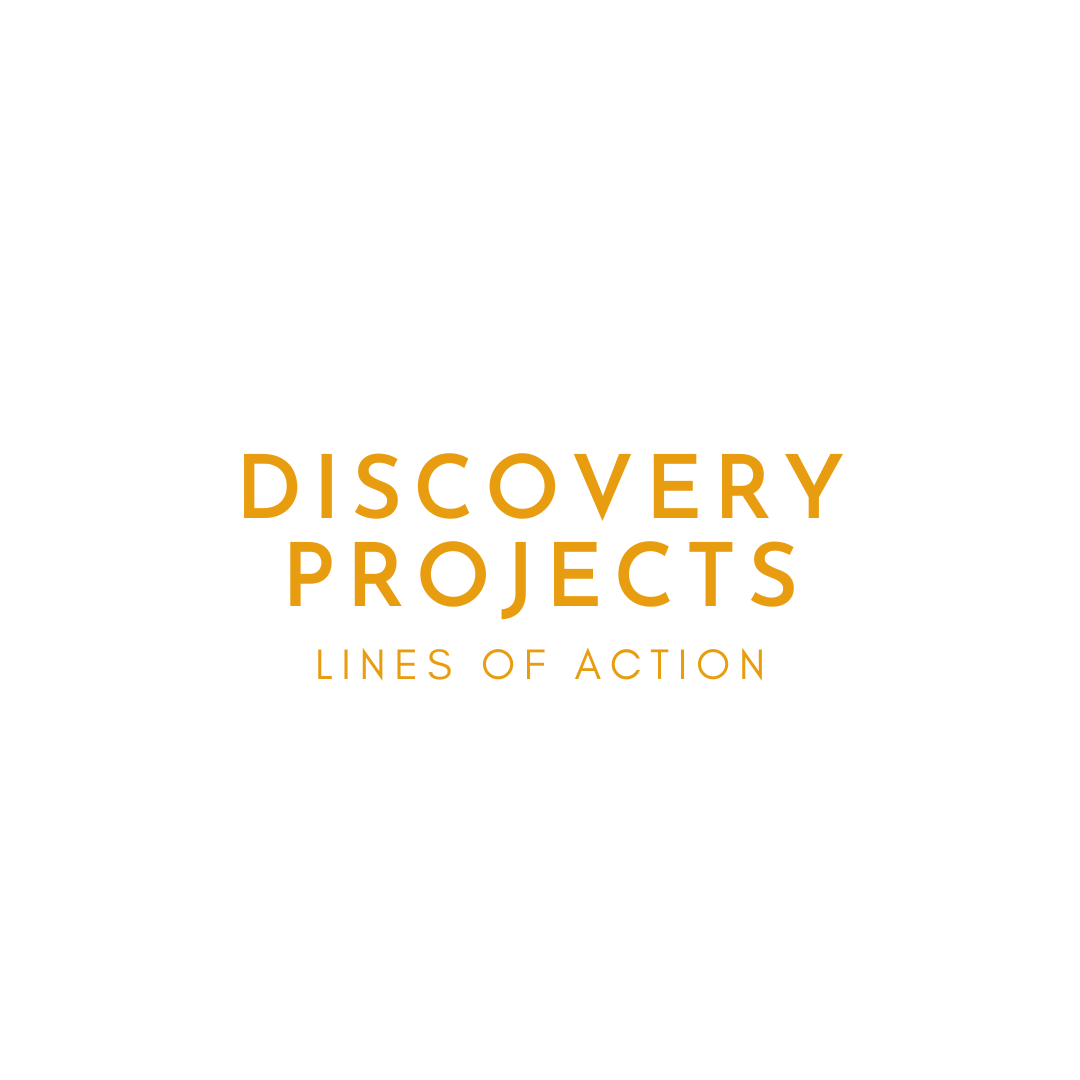
Discovery Projects are where our work begins. These start as small-scale initiatives where we test ideas, learn from real-world experience, and uncover new possibilities. Through collaboration with communities, we document what works, what needs improvement, and how we can apply our learning more broadly. Discovery projects focus on innovation, exploration and knowledge-generation.
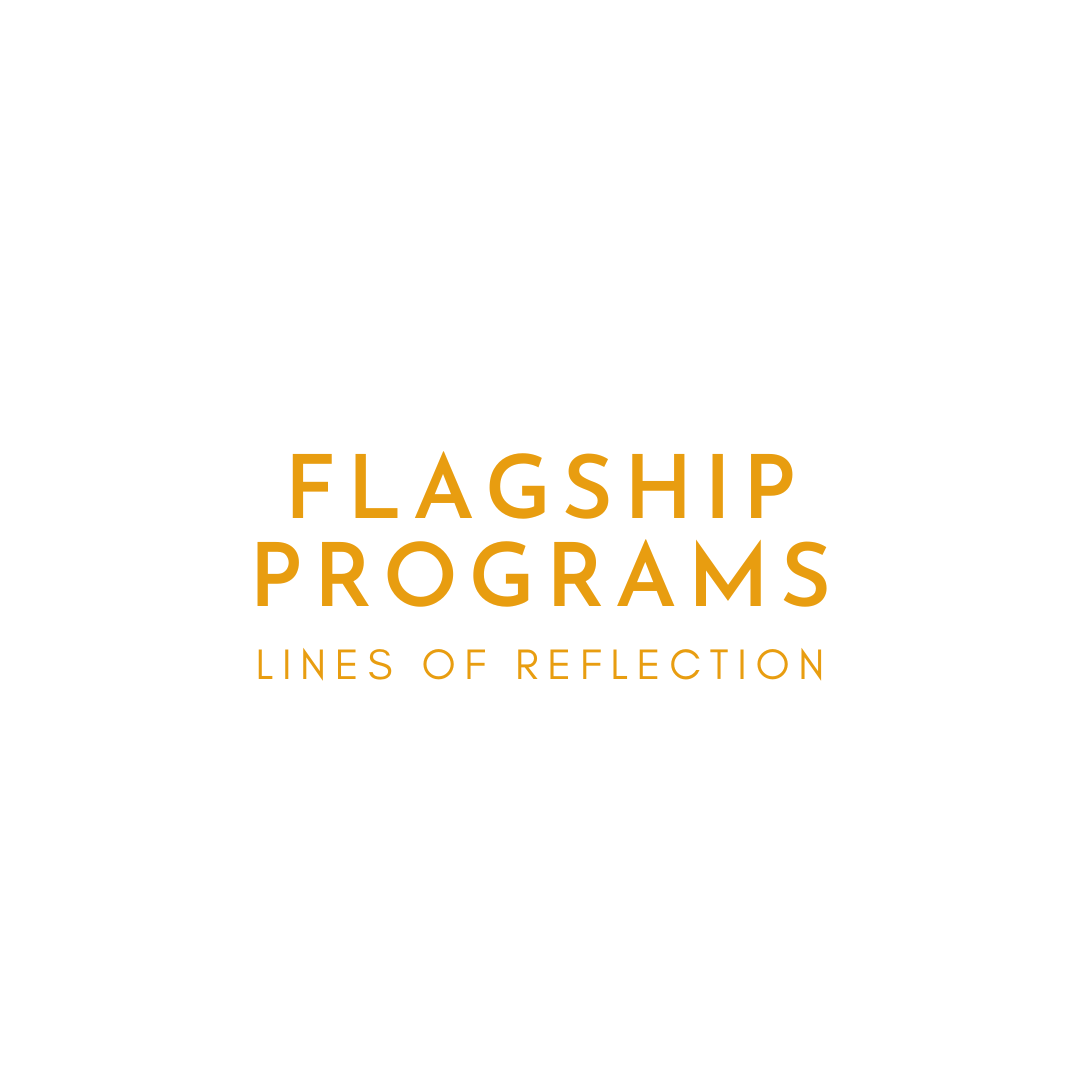
Our Flagship Programs bring together various projects that contribute towards a shared mission, refining and strengthening ideas that have proven effective. Each program addresses a key area of need, building long-term impact through ongoing reflection, learning, and collaboration.
Empty space, drag to resize
Shoshama Empowerment Fund
Shoshama Empowerment Fund is a registered not-for-profit organisation in Australia.
